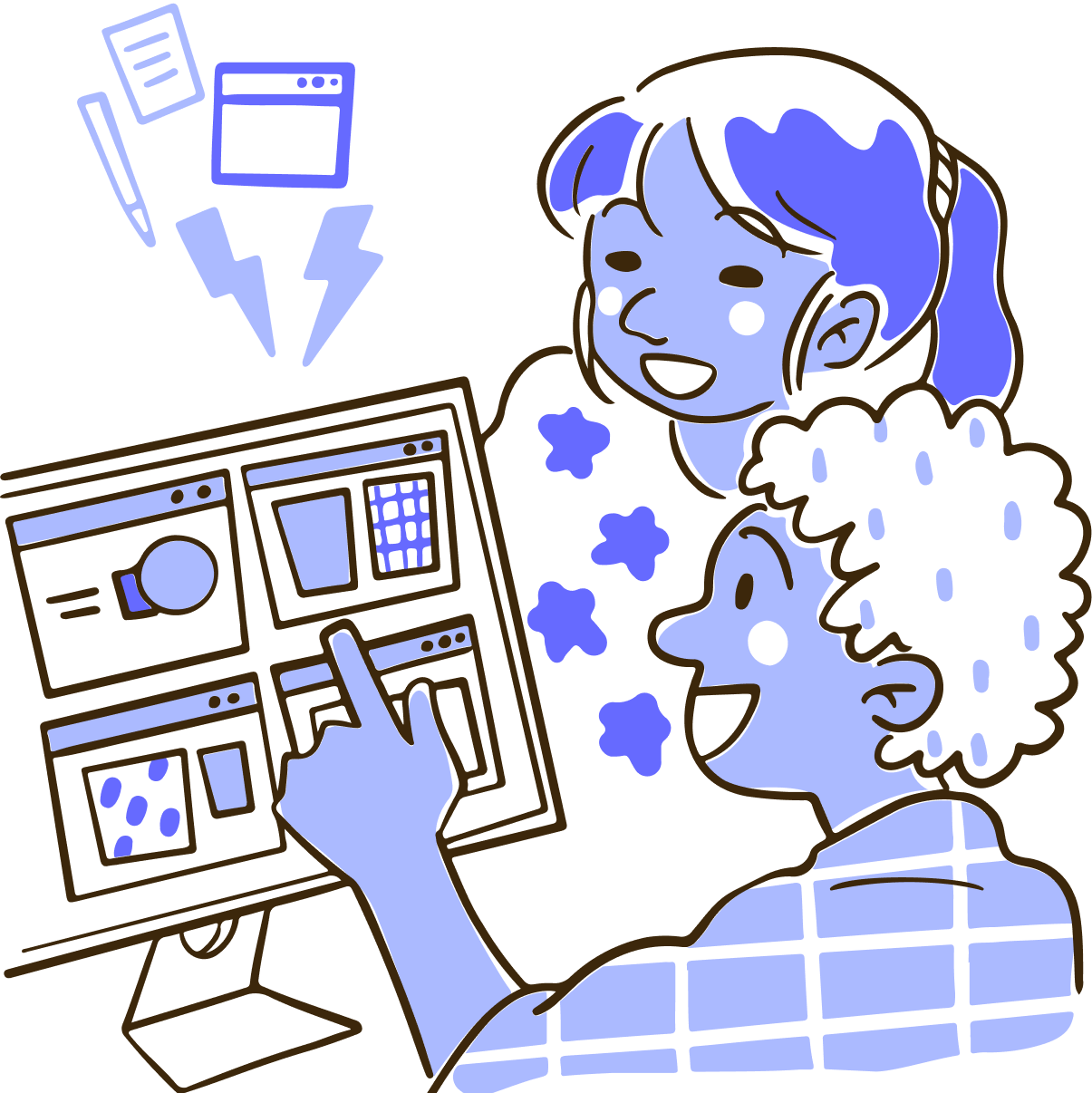
Login or register to get job market insightsLogin or register

If you are qualified and the employer likes your resumé and cover letter, they may invite you to an interview. This is a meeting for the employer to learn more about you. Interviews are usually in person at the employer’s location, but they can also be over the phone or online. The employer will ask questions about your education, skills, and work experience. They might ask things like:
Employers want you to explain your skills and give examples from your previous roles that show you displaying the qualities they are looking for. Practice answering questions before the interview. Employers also want you to care about their business. Learn about the company before your interview. At the interview, you can also ask the employer questions. If these details aren’t listed in the job description, ask about job duties, wages, work hours, benefits, and vacation time.
Remember that communication is not just what you say, but also how you say it. It is important in Canada to show you are calm, confident, and speak with a friendly tone.
Practice your interviewing skills using our AI tool here: Practice Job Interview!
Related Content

Learn about NOC Codes and why they matter for your immigration process

Understand the importance of soft skills, or how to best respond to scenarios in the Canadian workplace

Learn how to get a Social Insurance Number, required for employment, government benefits, and tax purposes in Canada

How to format a professional summary of your education, work experience, and skills to align with Canadian hiring practices

Consider who will provide information about your qualifications, work ethic, and suitability for a role to possible employers

Read about the criteria to receive Employment Insurance benefits, which provide temporary income support for those who have lost their job

Getting your educational and professional qualifications from your home country evaluated to determine their equivalency in Canada

Learn about NOC Codes and why they matter for your immigration process

Understand the importance of soft skills, or how to best respond to scenarios in the Canadian workplace

Learn how to get a Social Insurance Number, required for employment, government benefits, and tax purposes in Canada

How to format a professional summary of your education, work experience, and skills to align with Canadian hiring practices